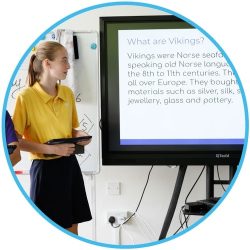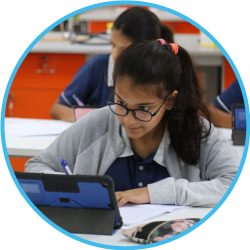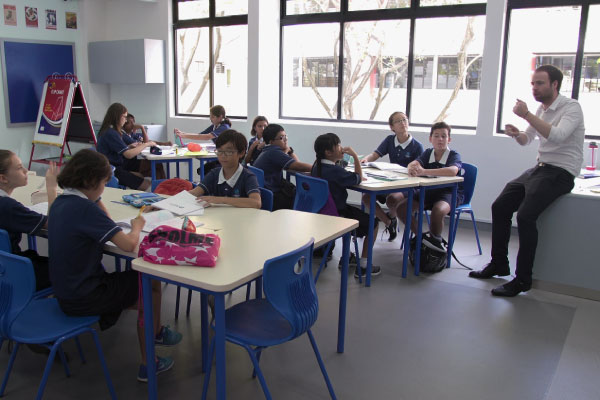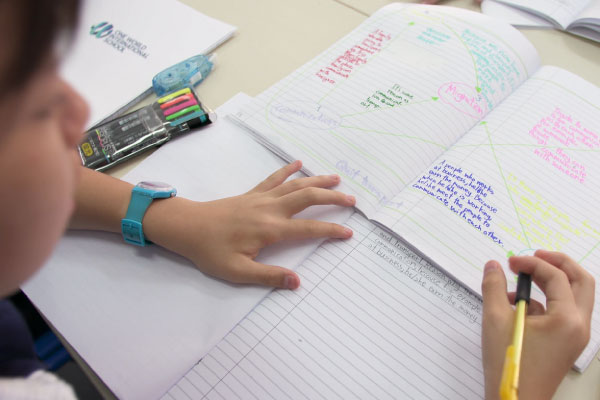- About OWIS
- Admissions
- Learning
- Learning & Curricula at OWIS
- IB Primary Years Programme (Ages 3 to 11)
- Modified Cambridge (Ages 12 to 14)
- Cambridge IGCSE (Ages 15 to 16)
- IB Diploma Programme (Ages 17 to 18)
- Chinese-English Bilingual Programme (Ages 7 to 11)
- Co-scholastic Learning Programmes
- English as an Additional Language (EAL) Programme
- After-School Programme (CCAs)
- Nanyang Campus
- Suntec Campus
- Digital Campus (Punggol)
- News & Insights










